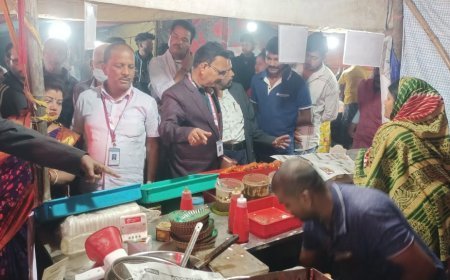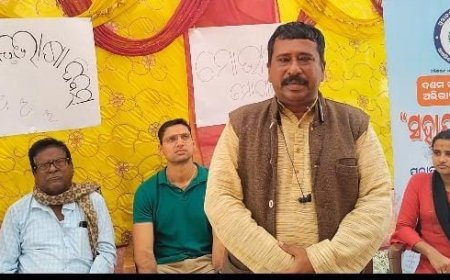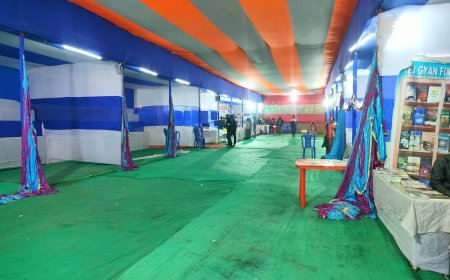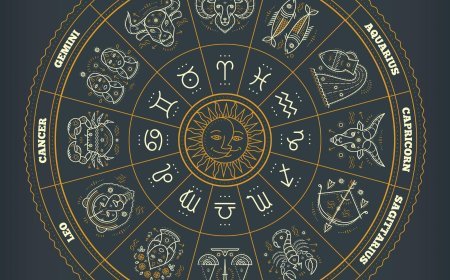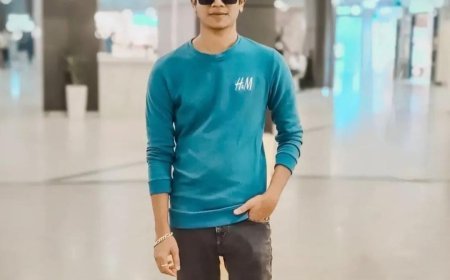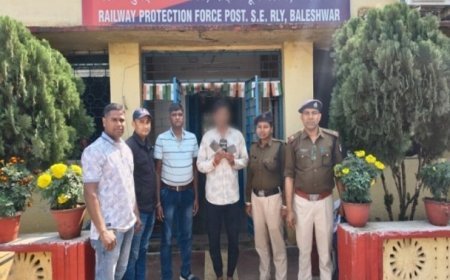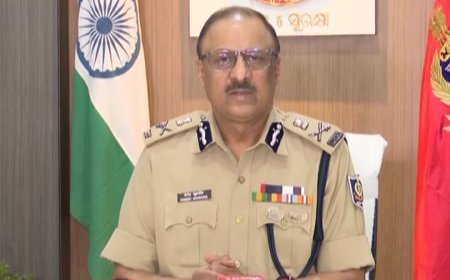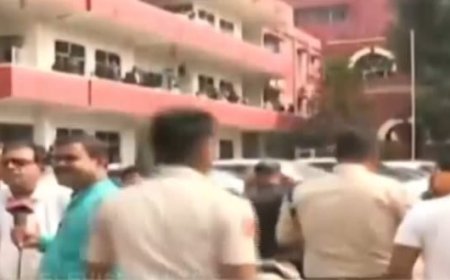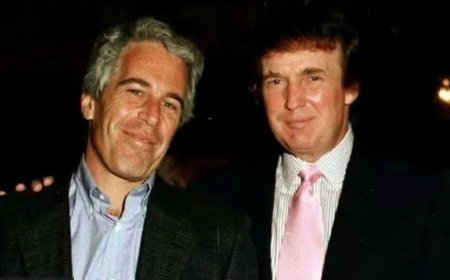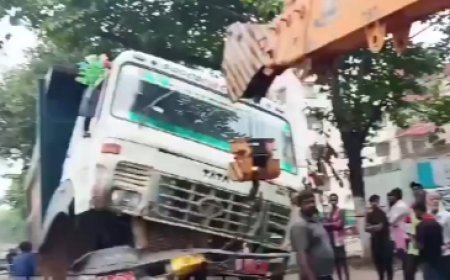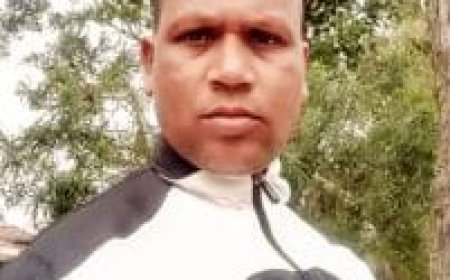In the dusty lanes of Jaipur, where the sun paints the sandstone pink, I was Priya—29, a supermarket cashier with callused hands and a heart still bleeding from four years ago.
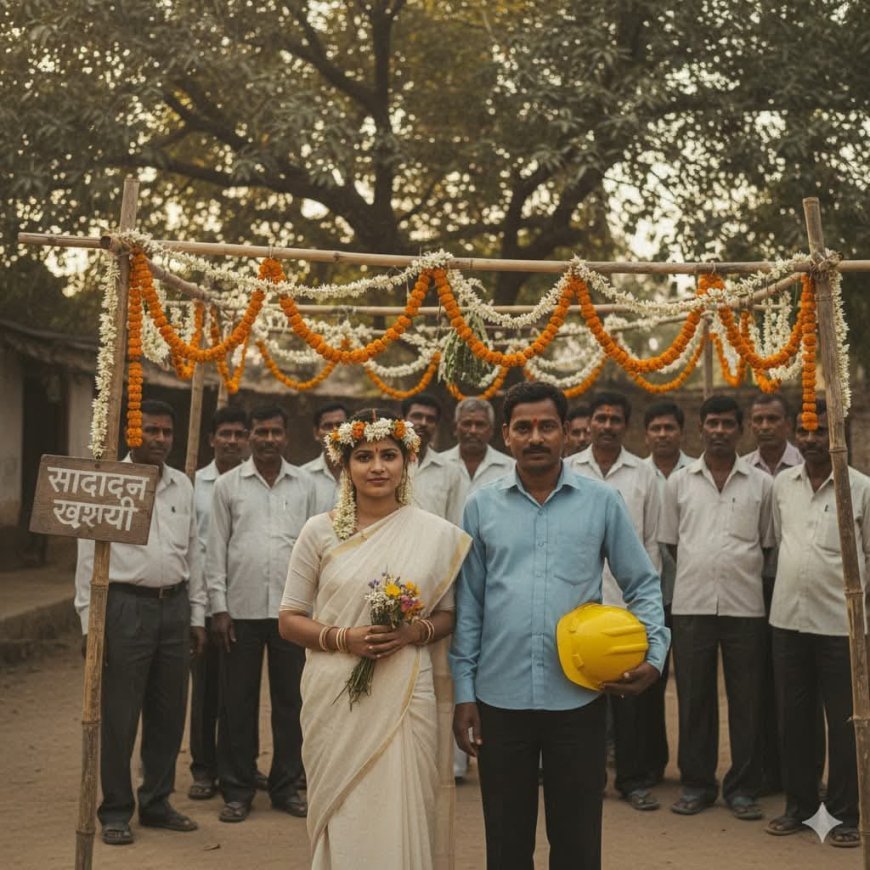
The man I’d loved had vanished the moment the pregnancy test turned positive. Alone, I faced the whispers of neighbors, the weight of a child growing inside me, and the terror of raising her without a name on the birth certificate. Society demanded a father; I demanded survival. So I married Vijay, a quiet construction worker who poured concrete by day and carried bricks like burdens he’d never complain about.
He never asked why I needed him. He simply showed up at the registrar’s office in his best shirt, the one without paint stains, and signed the papers. We moved into a one-room flat above a tailor’s shop. He built a crib from scrap wood; I sewed curtains from old saris. Our daughter Anaya arrived screaming into the world, and Vijay held her like she was made of glass.
For three years, life was a rhythm of early shifts, dusty boots at the door, and Anaya’s laughter echoing off peeling walls. Vijay worked overtime to buy her a tricycle. I saved tips for her first schoolbag. We were a family stitched together by necessity, not fireworks.
Then one evening, while folding his work shirt, his wallet slipped from the pocket. It fell open on the charpoy. Inside the plastic sleeve—where most men keep a driver’s license—was a photograph. Not of me. Not of Anaya.
It was of a woman I’d never seen, standing beside a younger Vijay in front of the same Amber Fort where he’d proposed to me with a marigold ring. Her smile was soft, her eyes crinkled with the same kindness I’d come to rely on. On the back, in faded ink: “To my forever, Priya—1998.”
My name. But I was born in ’96.
I confronted him that night after Anaya slept. The fan creaked overhead; monsoon rain drummed the tin roof.
“Who is she?” I asked, holding the photo like evidence.
Vijay’s eyes filled, but he didn’t look away. “My first wife,” he said. “We married young. She died giving birth to our son. He… didn’t make it either.”
The room tilted. All this time, I’d thought I was the broken one he’d rescued. But he’d been carrying a graveyard in his chest.
“I kept her photo,” he continued, voice raw, “because forgetting felt like killing her twice. When you asked me to marry you, I saw a chance to be useful again. To give a child the father I couldn’t be for my own.”
I waited for anger. It never came. Instead, something cracked open in me—grief, yes, but also awe. This man, who rose at 5 a.m. to mix cement, had been pouring love into the cracks of two shattered lives.
The next morning, I slipped a new photo into his wallet: the three of us at Hawa Mahal, Anaya on his shoulders, my hand in his. I didn’t replace the old one. I added ours beside it.
Now, when he comes home dust-caked and smiling, I kiss the scar on his knuckle—the one from the day he built Anaya’s crib—and I understand:
I thought I married him to give my daughter a name.
He married me to give his ghosts a future.
Some love stories begin with thunder. Ours began with quiet bricks, laid one by one, until we built a home strong enough to hold all our dead and all our living.
Disclaimer: This story is a creative reimagining inspired by a real Facebook post shared on October 28, 2025. While it draws from the emotional core and key elements of the original narrative, the characters, dialogue, details, and sequence of events have been fictionalized and expanded for storytelling purposes. It is not a factual recounting but a work of fiction honoring the spirit of the shared experience.
Sanjay Pattnayak








